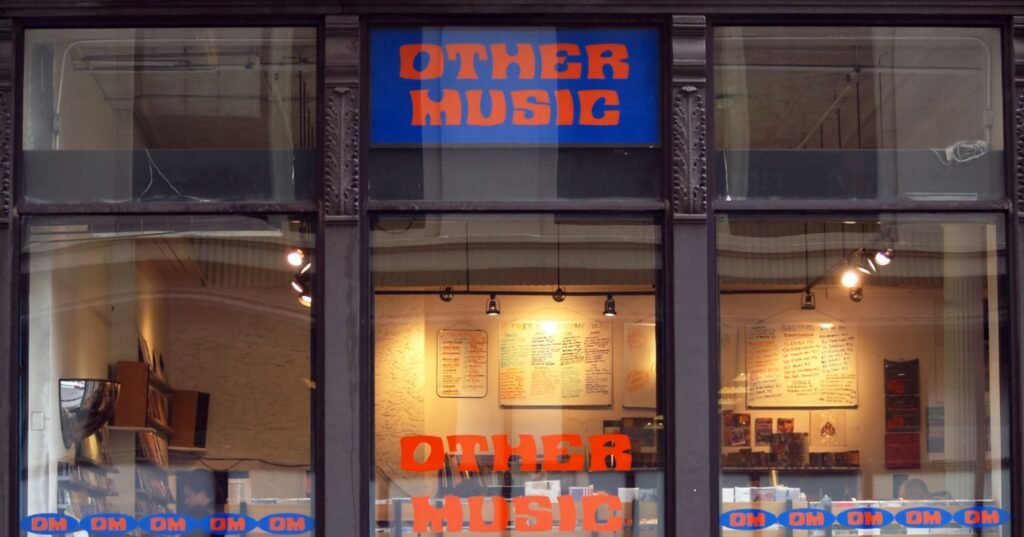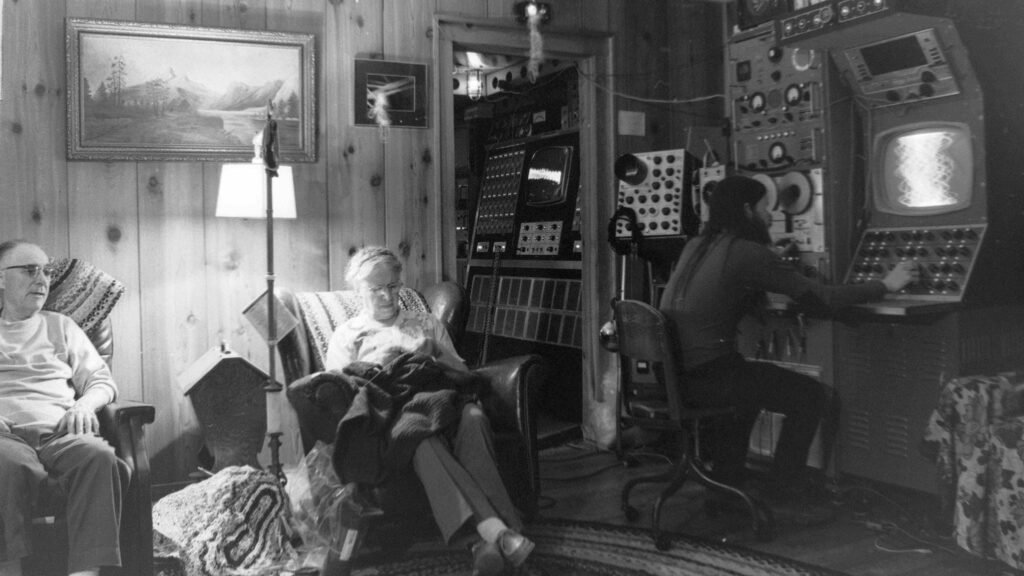Spotify’s infamous recommendation algorithm is a hot topic on this blog, under fire for pay-to-play schemes and encouraging saccharine content. Stereogum’s Nate Rogers touches on both aspects while exploring how an obscure Pavement b-side became the band’s most popular song on the streaming platform. No one is certain of the reason for this — fucking algorithms, how do they work? But the song did start collecting massive play counts in early 2017 when Spotify switched Autoplay ‘on’ for everyone by default.
The Autoplay feature on Spotify plays a stream of songs automatically once you’ve finished listening to an album, its selection based on that album’s sound. Autoplay also is enacted when you launch Spotify’s ‘radio’ function. That function is also based on a band or a song’s sound — you could specify ‘LCD Soundsystem Radio,’ for example. I’ve written before about how Spotify uses Autoplay to keep you listening to the platform in a way that pays fewer royalties.
The theory goes that, for whatever mysterious reason, Spotify’s algorithm loves Pavement’s “Harness Your Hopes.” Whenever, in Autoplay mode, the algorithm selects a song from Pavement, that’s the one it picks.
Damon Krukowski has noticed something similar. The Galaxie 500 song “Strange” is similarly the most popular song on Spotify from the band by a wide margin. Damon was puzzled as the song was never a single and “not particularly popular in the past” (which I’ll dispute as I’ve always loved that song). But its rise on Spotify coincided with the ascendance of “Harness Your Hopes” — January 2017. That pesky Autoplay algorithm.
It’s nice that these deep cuts get thrust in the Spotify spotlight, even though Autoplay streams pay much lower royalties than intentional streams. But why are these songs sticking out? It’s argued that “Harness Your Hopes” is a quintessential Pavement song — not as crazy or weird or (and I don’t mean this disparagingly) memorable as other titles in their catalog. I’m sure the band agrees. Krukowski wonders about this, too, with regards to “Strange”:
“‘Strange’ is a touch faster, louder, with a more regular backbeat and a more predictable song structure than most Galaxie 500 songs,” he pointed out on his blog. “Might an unintended result of Autoplay, then, be the separating out and rewarding of the most ‘normal’ songs in each band’s catalog…? … As albums are increasingly supplanted by playlists, and intentional listening of all kinds is increasingly replaced by algorithmic recommendations, ‘Play Galaxie 500’ may really come to mean, ‘Play the song by Galaxie 500 that most resembles songs by others.'”
That sounds worrying, but keep in mind that Autoplay is a passive listening mode. It’s playing in the background for most listeners. So keeping the crazy or weird or memorable at bay is desirable. The music shouldn’t linger or provoke by design.
The problem is the list of ‘top songs’ on an act’s Spotify artist page. These Autoplay ‘passive’ listens are treated the same as intentional listens. Though purposefully selecting to listen to a song or album holds more weight for the artist — both in royalty and fan-building — it’s treated the same as a passive, in-the-background listen. One hundred passive Autoplay streams are identical to one hundred intentional plays when determining a band’s top songs. So, when you go to Galaxie 500’s Spotify page, you’ll see “Strange” as the top song at 11,680,597 plays.
“When Will You Come Home” is probably a song more beloved by fans, and it’s certainly more indicative of Galaxie 500’s sound, but it’s stuck at 1,439,734 streams. That seems measly compared to the top song’s count. But, assuming those million-and-a-half streams are intentional plays as opposed to Autoplay-ed, that song has a lot more relevance than an algorithm’s inscrutable choice.
🔗→ Why Is The Obscure B-Side “Harness Your Hopes” Pavement’s Top Song On Spotify? It’s Complicated.
Update: Damon Krukowski got in a spirited discussion with Spotify’s Glenn McDonald over the issues raised in the Stereogum article Check out the thread on Twitter.

